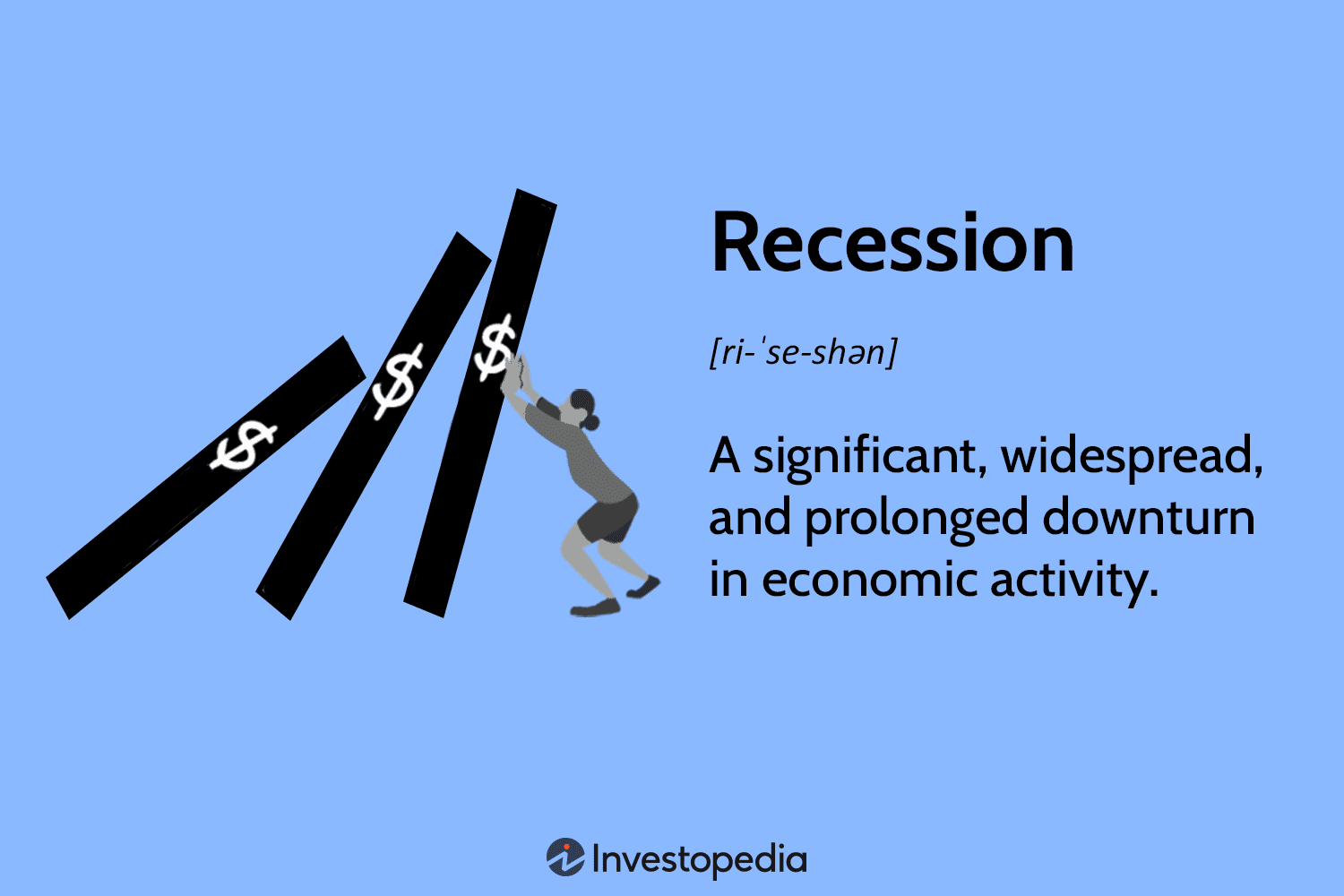Ways to Prepare for Recession

Listing down the 13 Steps that you can take to prepare for recession:
- Cut your spending
- To prepare for difficult times, step 1 is to cut your spending
- Cut the subscription you don’t use
- Or the gym membership where you are not regular
- Meals out in a fancy restaurant, trips or vacations
- Sure, you need to treat yourself sometimes but it should not be a regular
- Get Budgeting
- Making a budget and sticking to it is the corner stone for getting your Personal Finance together
- And if you are not keeping tracks of what you are spending on, you are throwing a lot of money away
- Record your spending and set targets and try to stick to them
- Follow the 50/30/20 rule - 50% should be spent on necessities like Rent/Home loan EMIs, phone, internet, groceries; 30% on wants like entertainment, hobbies, trips and vacations and the last 20% on Savings and investments
- For tougher times like now, switch 2nd and 3rd and even try to increase more on savings and emergency funds.
- Set up an emergency fund
- And speaking up at No3. is setting up an emergency fund
- Having cash for emergencies is basic of Personal Finance. And in recession it is a must.
- Because you never know when disaster is going to strike - getting laid off or income source drying up in case of businesses
- In recession, the chances of this happening goes up which is why you should have enough money in the bank to cover at least 3 months of expenses and if possible 6 months to be safe.
- And if you did the previous step you should already know your needs and other expenses
- Once you got 3-6 months of emergency fund keep investing the money which you have. Why? It will be covered in the later part of the video
- Pay off your debts
- If you have debts, this should be the priority.
- Because when the situation gets worse, paying the bare minimum will be difficult
- Pay off the debt now and you can thank me later
- If you have a number of debts, list them according to the interest rates.
- First payoff with the ones with higher rates like credit card as then have the highest interest rate upto 30 or 40%.
- Once you payoff the debt do not take any new debt unless absolutely necessary
- If you can’t pay off debt, look into debt relief
- There can be chances that you are not able to payoff all your debts you should at least look into the debt relief.
- Call your banker or lender to find out what options are available
- But remember this can only be a short term relief
- getting rid of the debt is a better option but if you cannot look for other available options
- Set up a high interest account
- This is where you should put your emergency fund
- This won’t be the biggest money making thing in the list but if things get tough, every bit will count
- Regular bank account gives very little interest rates so shop around to find out the high interest rate saving account
- It won’t be high but it will be some.
- Prove how valuable you are in your workplace
- This is assuming you still have a job. If not there are plenty of advice ahead
- So if you are still working, prove how valuable you are
- Take on projects, learn new things and apply them. Go an extra mile
- Do these to make sure you are in a better position compared to others in case there is any job cut getting planned
- start a side hustle
- It is always good to have a side hustle and in times like these the benefits of doing gets doubles:
- First it will give you something extra from your 9-5 job
- Second when your 9-5 is gone, this will be your fall back option
- There hasn’t been a better time that this to start a side hustle
- It could be anything that you know or are passionate about.
- It could be as simple as starting a blog, a YouTube channel or tutoring others on the skills which you already have
- If you are not sure how to start, go to sites like Fiverr or Upwork and see what kind of jobs are there for you to grab.
- It is always good to have a side hustle and in times like these the benefits of doing gets doubles:
- Get new skillsets
- Already talked about being valued at work and getting new work related skillset
- It can be anything related to your like of work ranging from :
- improving excel skills,
- video editing
- or coding
- It can also be inline with the side hustle you are working on
- Consider changing your living situation
- While in money crunch you should consider other options available for living
- Like if you are renting, plan to move somewhere less expensive
- If you own a place or on lease you can also thing about getting a roommate
- Keep on investing
- If you regularly put money for long term investing, you might be hesitant to keep on investing, thinking, the market is anyway going to fall
- So the best strategy should be to sell as market starts to fall and wait for market to hit rock bottom to start buying.
- This is easy saying than done. It is almost impossible to do even for the professional investors
- History tells us, market always reaches new heights after each recession and rewards handsomely to those who are always investing
- Keep on investing in systematic manner and average down your investment rate
- Diversify your investments
- For people who do not posses the professional skill of investment you should never put huge money in individual stocks
- Diversify the portfolio by investing in index funds or other broad market funds
- This should usually be the investment strategy in stock market but is more stressed during the bad times of recession
- Take a long-term approach to investing
- As an investor playing the long term game you should always think the long term timeframe
- It can happen that your stock fell 20% in a day or the whole market fell substantially
- Do not panic and start selling as the market always recovers and takes to a new height
- You should also not check your portfolio daily unless you are doing day trading or placing some risky short term bets.
- Check once a week. This will also help with the fear and anxiety



